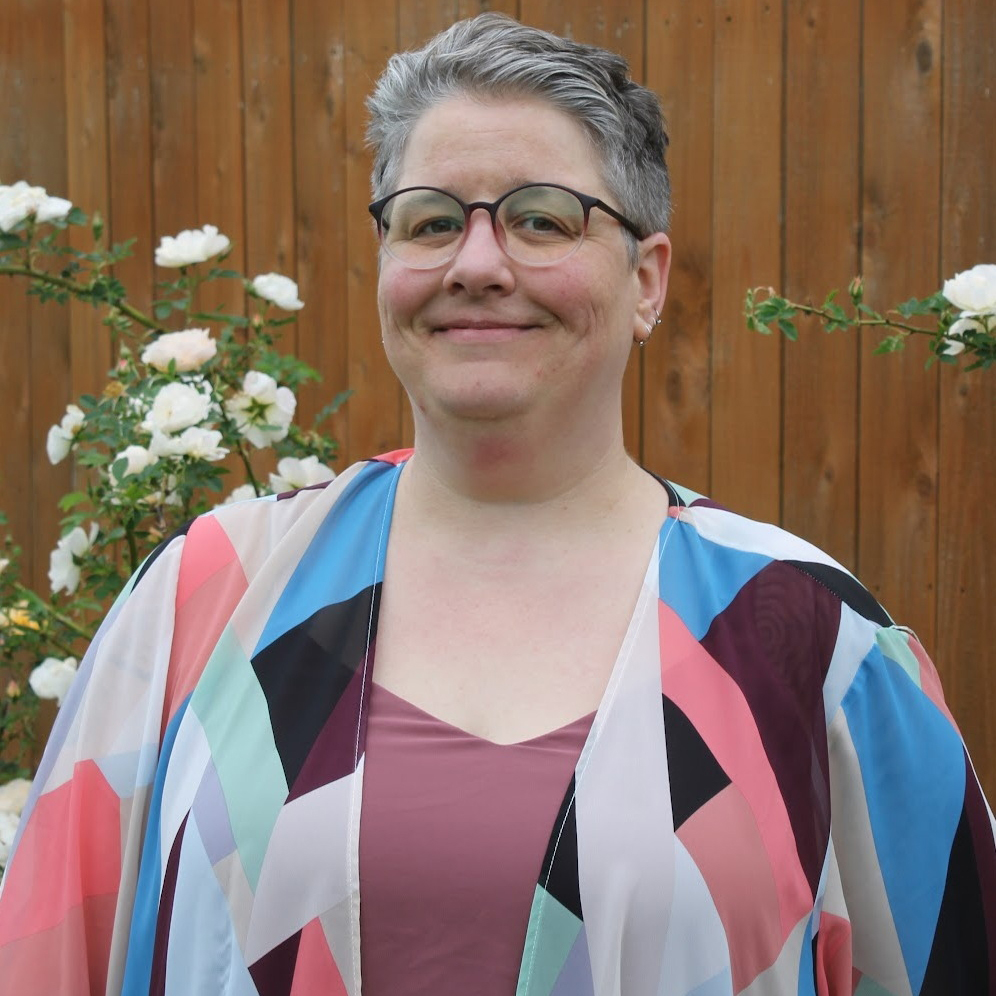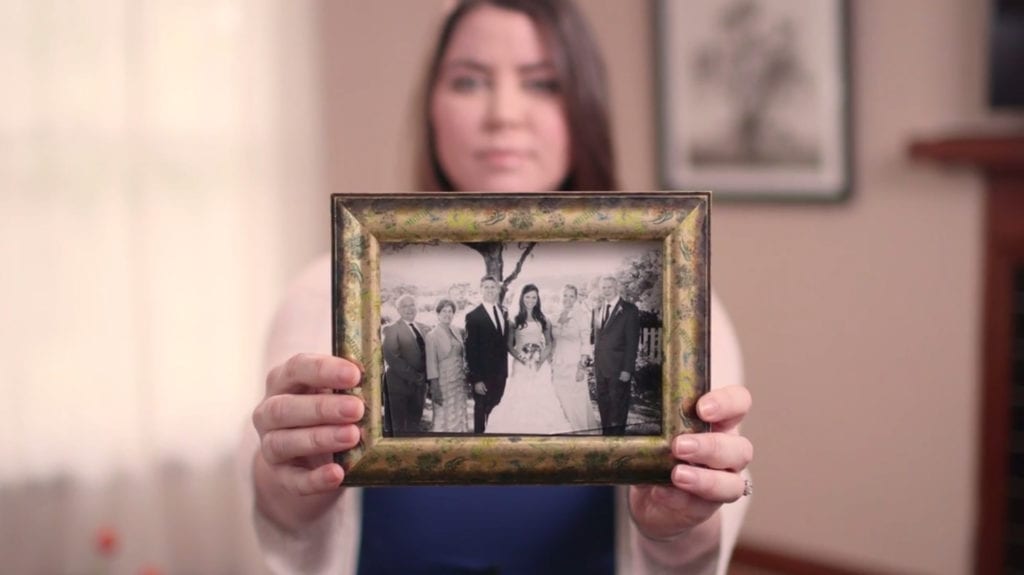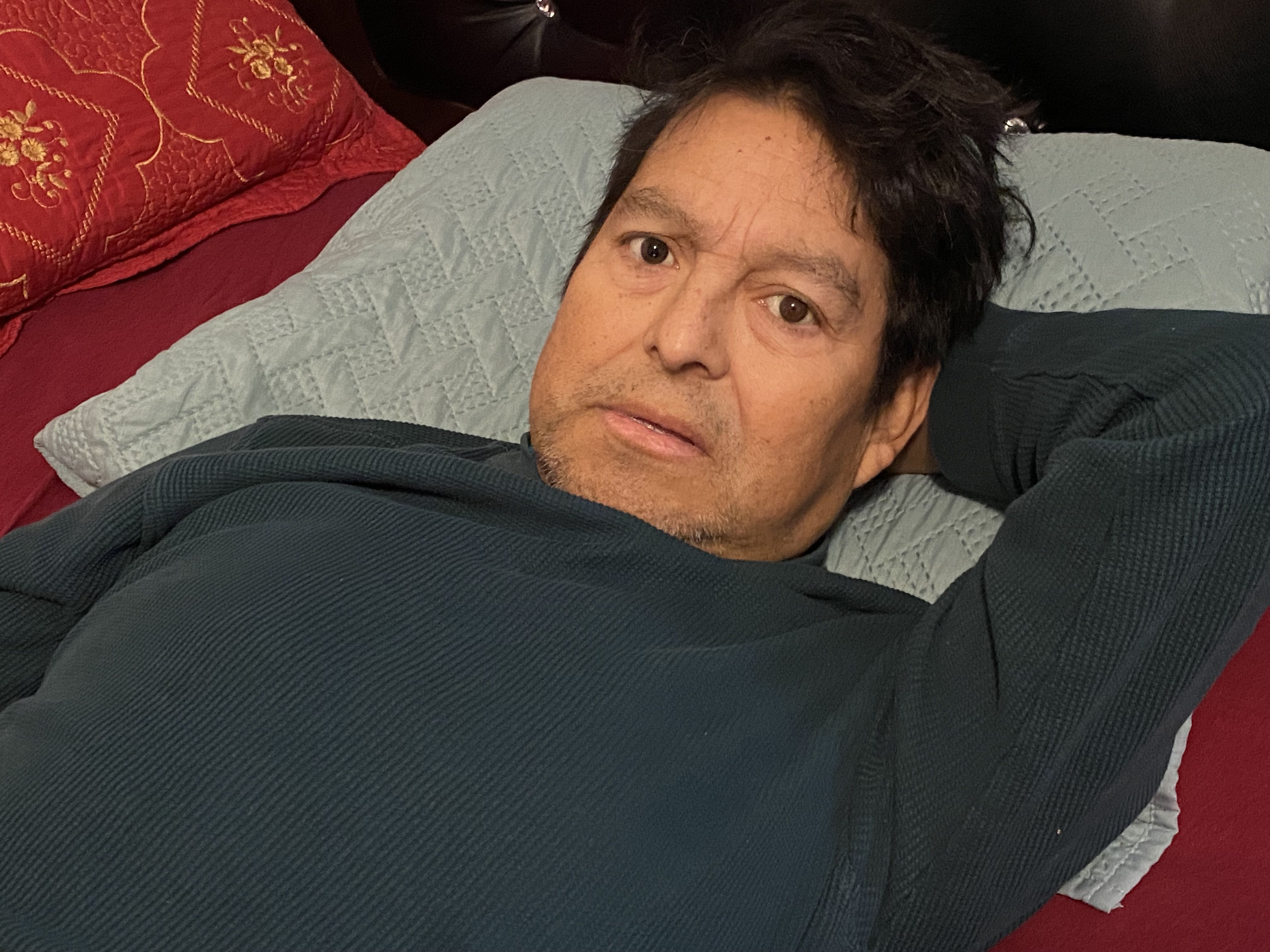Kelly Rice is a public health professional working in Springfield and Chicago, Illinois. They’ve been involved in health-related social and long-term care support for over two decades. This includes individuals in the end-of-life care space, from long-term survivors of HIV to people living with dementia. Kelly is passionate about working with older populations and assisting people on their end-of-life journey, including navigating the healthcare system.
Dementia became a recurring theme in Kelly’s work, and they began recognizing how much undiagnosed or diagnosed dementia impacts all areas of care and the lives of so many older adults. In one case, Kelly found that a client was diagnosed with dementia but didn’t have the services or treatment they needed. Kelly discussed treatment options and end-of-life planning with their client and informed them of services available to them. This is just one example of Kelly’s work with providing information and resources to people who need it.
As a public health leader, Kelly is interested in systemic change for people living with dementia and their caregivers. There’s a lot of stigma and concern about dementia, but resources and information are lacking. Kelly is determined to raise public awareness about dementia, from educational programs for healthcare professionals to personal conversations with the public.
Kelly sees these conversations as beyond just advance care planning or life-sustaining treatments; they’re also about day-to-day life with dementia and quality of life. Some questions Kelly would ask: What do I want my end of life to look like? What support do I need to achieve that? Do I want a pastor or a friend to come visit me? These questions get to the heart of what brings us joy and how to embrace the parts of life that bring joy at the end of our lives.
Kelly’s personal experience with their father’s early onset Alzheimer’s informed their decision to advocate for improving dementia care. Kelly’s father, Douglas Rice, died when he was 64 and his dementia had advanced dramatically. This wasn’t always clear to healthcare professionals because of his age and it led to unwanted medical treatment at the end of his life. Hospice did get involved in his last days and provided a space where he was comforted and taken care of. The question for Kelly is, are we providing quality to people or are we just providing quantity of days?
Kelly encourages people to use the Compassion & Choices’ dementia tools because they are detailed and specific to each person’s experience. The tools are a nuanced look at dementia and provide the groundwork to have a deeper conversation about what someone wants or doesn’t want in the event of a dementia diagnosis.
To learn more about the dementia tools, visit CompassionAndChoices.org/finish-strong-tools






